为什么要用英语描述“我的一天”?
很多初学者会问:“**how to describe my day in English** 到底难在哪里?”答案其实不在词汇量,而在**时间线逻辑**与**细节取舍**。只要抓住“**起床—上学/上班—休闲—反思**”这条主线,再补充**感官动词**与**频率副词**,一篇地道的英语作文就能成型。
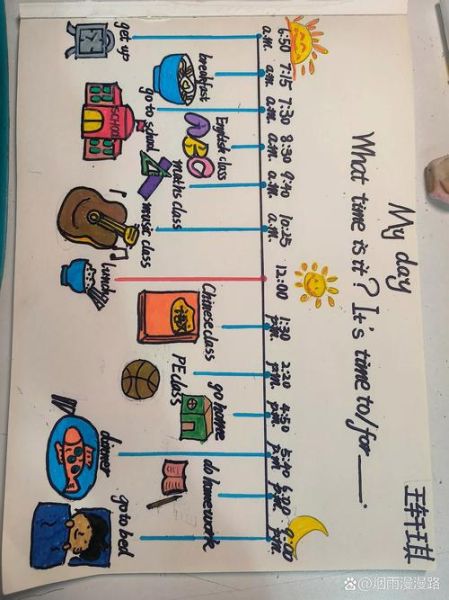
黄金四步框架:让段落像时钟一样转动
- Step 1 早晨启动:用现在时描述固定习惯,例如 “I usually wake up at 6:30 a.m. without an alarm.”
- Step 2 白天主线:把学校或工作拆成三个场景,每场景一句动作+一句感受,如 “During the math class, my mind wandered to the football match after school.”
- Step 3 傍晚缓冲:加入对比,突出反差,例如 “Unlike the noisy classroom, the library at dusk is so quiet that I can hear my own heartbeat.”
- Step 4 夜晚收束:用一句反思句收尾,如 “Before I turn off the light, I always ask myself: Did today’s five hours of study really move me closer to my dream?”
词汇升级:把“got up”换成更生动的表达
常见动词容易让文章平淡,试试以下替换:
- “I **dragged myself out of bed** at dawn.”
- “After a quick shower, I **wolfed down** a slice of toast.”
- “The bus **crawled** through the morning traffic.”
- “Back home, I **plopped onto** the sofa and **let out** a long sigh.”
细节描写:让读者“看见”你的日子
自问:怎样把“天气很好”写得具体?
答:用**感官串联**。
“The sun **spilled** golden paint across my desk, and the smell of freshly-cut grass **slipped** through the half-open window.” 一句里包含**视觉**与**嗅觉**,画面立刻鲜活。
时间连接词:让故事顺滑不卡顿
| 功能 | 高频连接词 |
|---|---|
| 顺序 | first, then, afterwards, eventually |
| 同时 | meanwhile, at the same time |
| 因果 | therefore, as a result |
| 转折 | however, instead, surprisingly |
示范:I finished my homework at 9 p.m.; **meanwhile**, my brother was still battling his coding project.
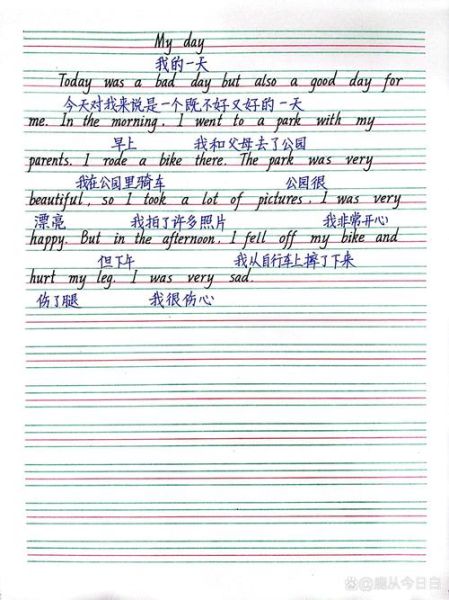
情感升华:把“累”写出层次
“I felt tired” 太笼统,可拆成三层:
- 身体:My legs **ached** as if I had run a marathon.
- 心理:A wave of **emptiness** washed over me once the excitement faded.
- 精神:Yet deep inside, a tiny voice whispered, “Today was not wasted.”
常见疑问Q&A
Q1:一定要用过去时吗?
A:如果强调**日常规律**,用**一般现在时**更自然;若记录**昨天特例**,则用过去时。
Q2:如何避免流水账?
A:每段只保留**一个亮点细节**,其余用概括句。例如写午餐,可详写“the first bite of the crispy chicken burger”而略过排队过程。
Q3:结尾需要大道理吗?
A:不必。一句**开放式自问**即可,如 “Will tomorrow be different if I set the alarm just ten minutes earlier?”
完整示范段落(约120词)
At 5:45 a.m., my phone vibrated under the pillow, and I **swiped** the alarm away with one eye still closed. The chilly floor **nipped** at my bare feet as I **tiptoed** to the kitchen. While the kettle **hummed**, I **scribbled** three new words on a sticky note—serendipity, resilience, wander—and slapped it onto the fridge. By 7:00, the bus **lurched** forward, carrying me through streets still yawning with sleep. In first period, Mr. Lee’s voice about quadratic equations **blurred** into background noise; instead, I watched raindrops **race** down the windowpane. Lunchtime arrived like a reward. I **sank** my teeth into a steaming pork bun, the sweet sauce **dripping** onto my notebook. Evening study ended at 10:30, and I **collapsed** into bed, the sticky note words glowing softly in my mind like tiny lanterns.
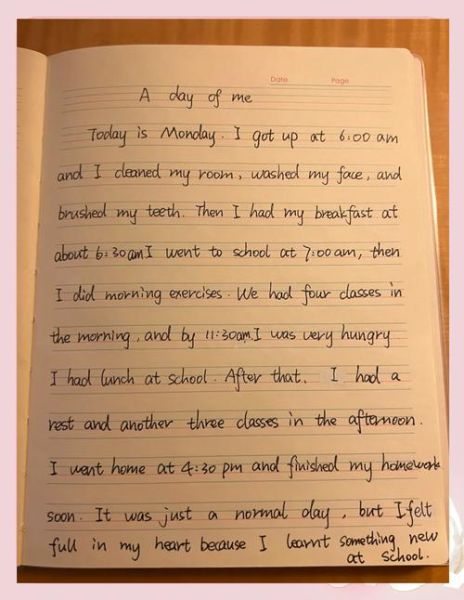
写作清单:交卷前30秒自检
- 是否至少用了**三种感官描写**?
- 是否出现**两个以上时间连接词**?
- 是否有一句**反问或感叹**增强语气?
- 动词是否**三次以上**替换为高级表达?
- 段落是否遵循**“动作—感受—思考”**节奏?
掌握以上技巧后,再提笔写“我的一天”,你会发现**how to describe my day in English** 不再是难题,而是一场**用文字拍摄的生活微电影**。

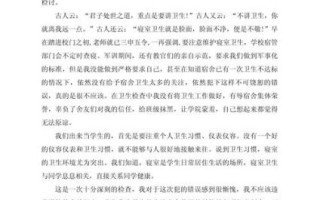

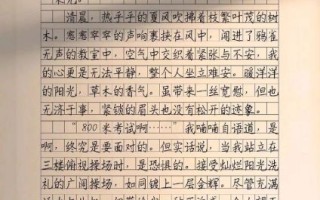
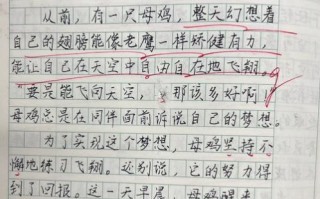


还木有评论哦,快来抢沙发吧~